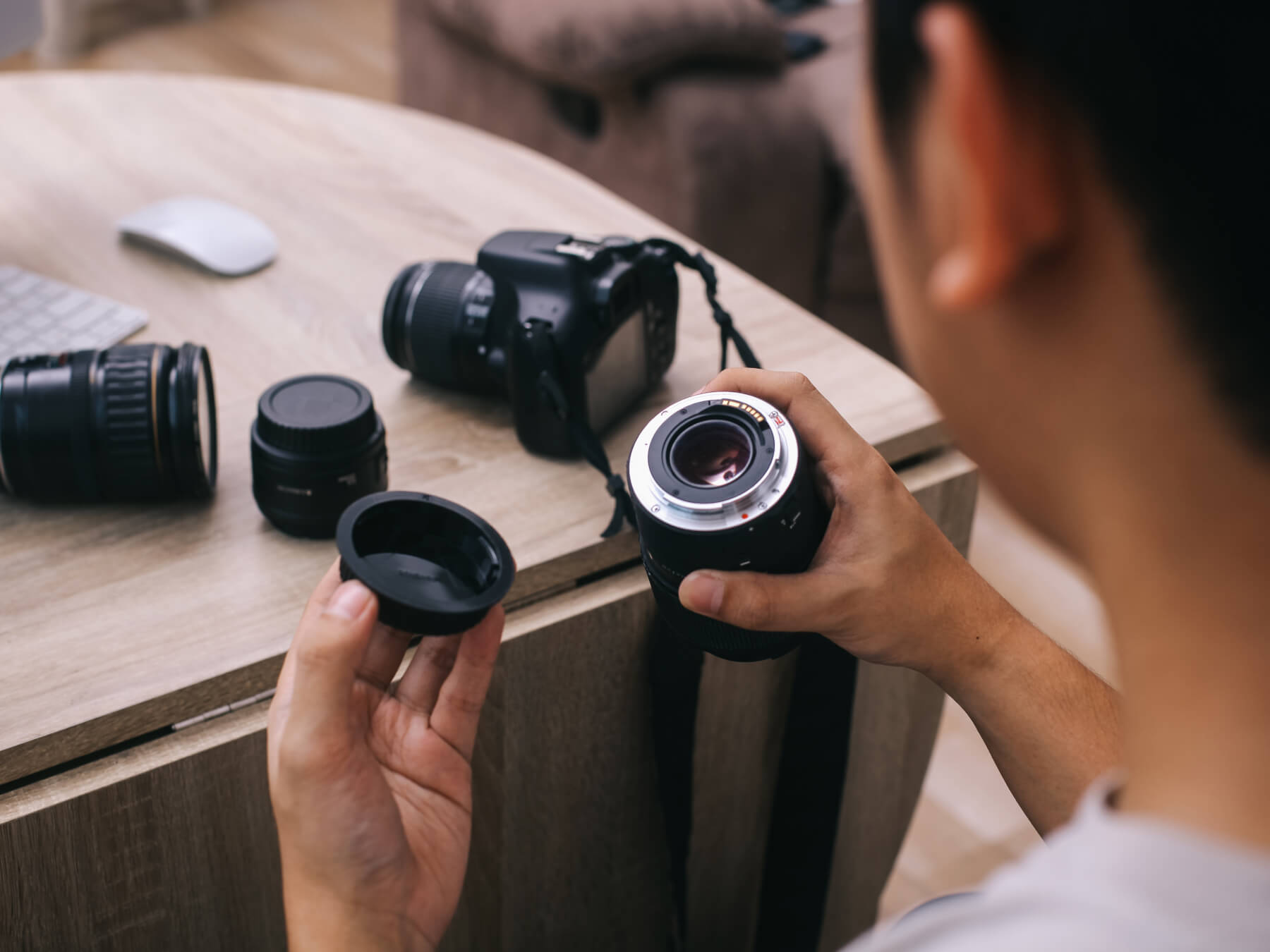© 2020-2026 Muza, All Rights Reserved
Creative Techniques
10 June 2024

Improving your photography is a journey that involves continuous learning, experimentation, and practice. Whether you're a beginner or an experienced photographer, there are always new techniques to explore and skills to master to enhance the quality and expressiveness of your images. Here are some tips to help you improve your photography and achieve more professional results:
Learn the basics: Before diving into advanced techniques, it's essential to have a solid understanding of the fundamental principles of photography, such as aperture, shutter speed, ISO, composition, and lighting. Take the time to study these concepts and practice applying them in your photography.
Master your gear: Get to know your camera inside and out, including its settings, modes, and features. Experiment with different lenses, focal lengths, and shooting modes to understand their effects on your images. Understanding your gear will give you more control over your photography and help you achieve the desired results.
Practice regularly: Like any skill, photography requires practice to improve. Make a habit of taking your camera with you wherever you go and practice shooting in different lighting conditions, environments, and subjects. The more you practice, the more confident and proficient you will become as a photographer.
Study the work of others: Look at the work of professional photographers and study their techniques, compositions, and styles. Analyze what makes their images compelling and try to incorporate some of these elements into your own photography. Drawing inspiration from others can help you develop your unique artistic vision.
Experiment with composition: Composition is one of the most critical aspects of photography and can greatly impact the effectiveness of your images. Experiment with different composition techniques, such as the rule of thirds, leading lines, framing, and symmetry, to create visually dynamic and engaging photographs.
Pay attention to lighting: Lighting is crucial in photography and can make or break an image. Learn how to work with natural light, artificial light, and different lighting conditions to create the desired mood and atmosphere in your photos. Experiment with techniques such as backlighting, side lighting, and soft light to add depth and dimension to your images.
Edit your photos: Post-processing is an essential part of digital photography and can help enhance the quality and impact of your images. Learn how to use editing software such as Adobe Photoshop or Lightroom to adjust exposure, contrast, color balance, and other aspects of your photos. However, it's essential to remember that editing should enhance your images, not overshadow them.
Seek feedback: Share your photos with friends, family, or online photography communities and ask for constructive feedback. Hearing different perspectives can help you identify areas for improvement and gain valuable insights into your photography. Don't be afraid to experiment and take risks with your photography. Pushing yourself out of your comfort zone and trying new things is essential for growth and development as a photographer.
Remember that improving your photography is a continuous process, and there is always room for growth and improvement. By staying curious, practicing regularly, and honing your skills, you can take your photography to new heights and create images that are both technically excellent and emotionally compelling.